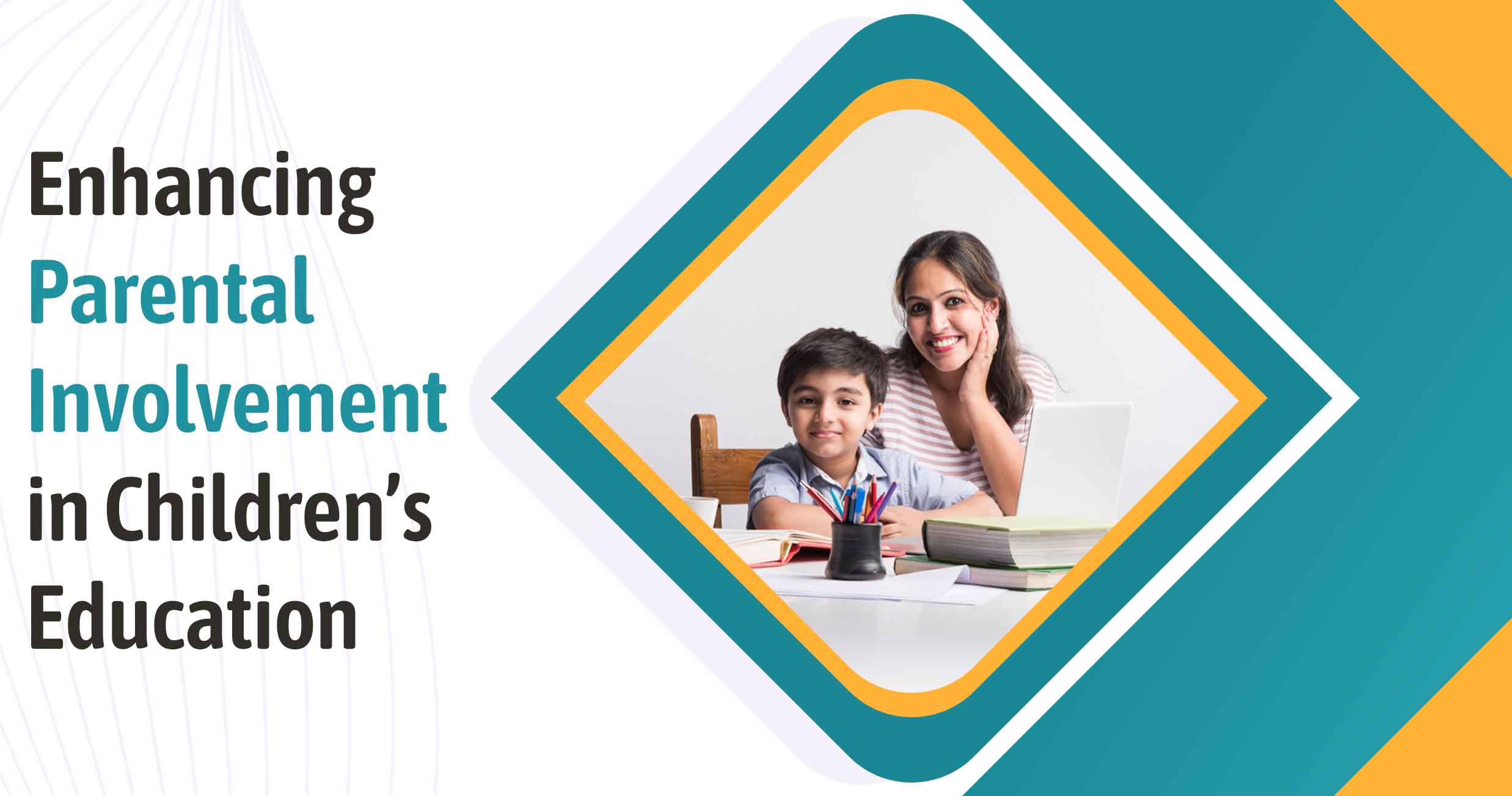
Parental involvement in education is an essential aspect of a child’s academic and personal growth. When parents actively engage in their children’s education, it creates a positive environment that enhances learning and development.
Parent involvement is not limited to attending parent-teacher meetings but extends to supporting learning at home and participating in school activities. The benefits of parent engagement in schools are immense. It contributes to higher academic achievements, better behavior, and stronger school communities.
Let us explore the importance of enhancing parental involvement in children’s education and offer practical ways parents can support their child’s learning journey.
The Importance of Parental Involvement in Education
Parental involvement in education goes beyond mere participation in school events. It is about being actively engaged in every aspect of your child’s learning journey. This involvement has been shown to improve academic performance, boost self-esteem, and enhance social skills. When parents take an active role in their children’s education, they help create a positive learning environment both at school and at home.
Benefits of Parent Engagement in Schools
Engaging with schools offers several benefits for both children and parents. When parents are involved, it sends a clear message to children that their education is important. This involvement leads to:
- Improved Academic Performance: Children with involved parents tend to perform better academically. They are more likely to complete homework, attend school regularly, and achieve higher grades.
- Enhanced Communication Skills: Regular interaction with teachers helps parents understand their child’s strengths and weaknesses. This communication enables parents to provide the necessary support at home.
- Stronger School Communities: When parents engage with schools, it creates a sense of community. This involvement enhances collaboration between parents, teachers, and students, which leads to a more supportive learning environment.
How Parents Can Support Learning at Home
Supporting learning at home is an essential part of parental involvement in education. Parents can create a conducive environment for learning by:
- Establishing a Routine: Setting a regular schedule for homework and study time helps children develop discipline and time management skills.
- Providing Resources: Ensure your child has access to the necessary learning materials, such as books, stationery, and a quiet study area.
- Encouraging Reading: Reading together as a family can improve language skills and foster a love for learning.
- Monitoring Progress: Regularly review your child’s assignments and grades to stay informed about their academic progress.
Building a Strong Parent-Teacher Partnership
A strong parent-teacher partnership is essential for enhancing parental involvement in education. This collaboration ensures that both parents and teachers are on the same page regarding a child’s education. Ajmer schools parent-teacher partnership can be strengthened by:
- Regular Communication: Parents should maintain open lines of communication with teachers. This can be done through emails, phone calls, or parent-teacher meetings.
- Participating in School Activities: Attend school events, such as sports days, cultural programs, and parent-teacher conferences, to show support for your child’s education.
- Volunteering: Offering your time and skills for school activities or committees can help you stay involved in your child’s education and build stronger relationships with teachers.
Challenges in Parental Involvement and How to Overcome Them
While the benefits of parental involvement in education are clear, some parents may face challenges. These challenges include:
- Time Constraints: Busy work schedules can make it difficult for parents to participate in school activities.
- Lack of Confidence: Some parents may feel they need help with how to support their child’s education effectively.
- Cultural Differences: Language barriers and cultural differences can hinder communication between parents and teachers.
To overcome these challenges, parents can:
- Prioritize: Identify the most important school activities and make time for them.
- Seek Guidance: Don’t hesitate to ask teachers for advice on how to support your child’s learning at home.
- Utilize Resources: Schools often provide resources, such as translation services, to help bridge cultural and language gaps.
The Role of Schools in Encouraging Parental Involvement
Schools play a vital role in encouraging parental involvement in education. They can foster a welcoming environment by:
- Organizing Parent Workshops: Workshops on topics such as effective parenting, study techniques, and communication skills can empower parents to support their children’s education.
- Providing Regular Updates: Schools should keep parents informed about their child’s progress through regular reports and meetings.
- Creating Opportunities for Engagement: Schools can organize events and activities that encourage parents to participate actively in their child’s education.
Conclusion
Enhancing parental involvement in children’s education is key to their academic success and personal growth. When parents engage with schools, support learning at home, and build strong partnerships with teachers, they contribute to a positive and supportive learning environment.
Satguru International School is a premier institution committed to nurturing children into dynamic and innovative leaders of the future. As the best CBSE school in Ajmer, we believe in fostering strong parent-teacher partnerships to ensure the holistic development of our students.
We invite you to join us in this journey of empowering your child’s education and future.
